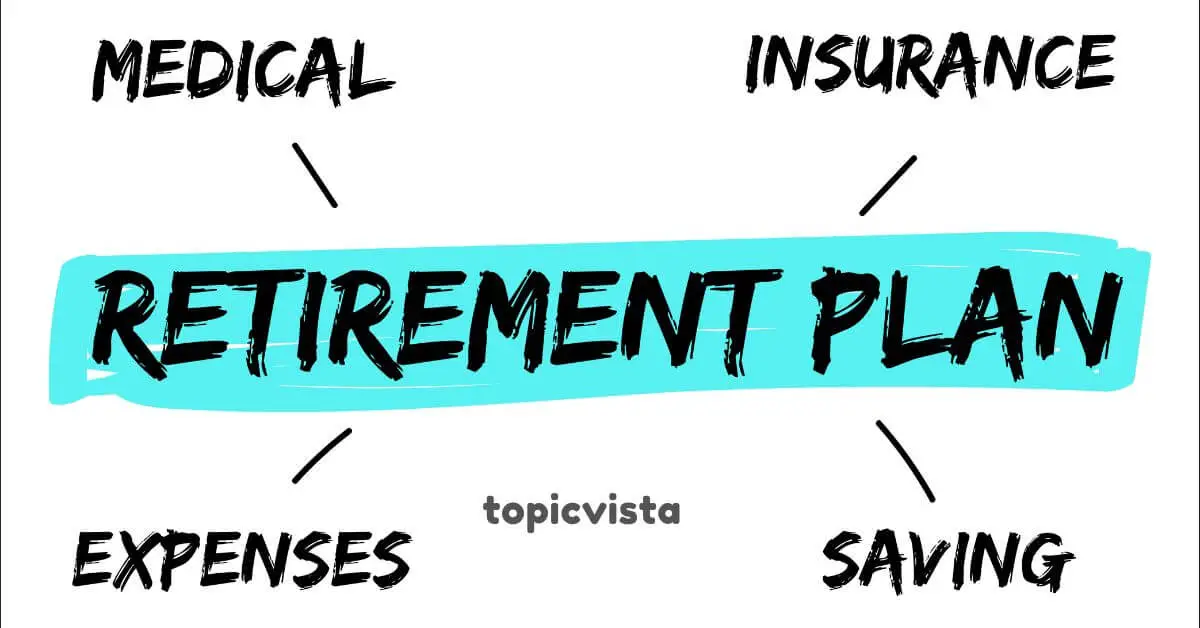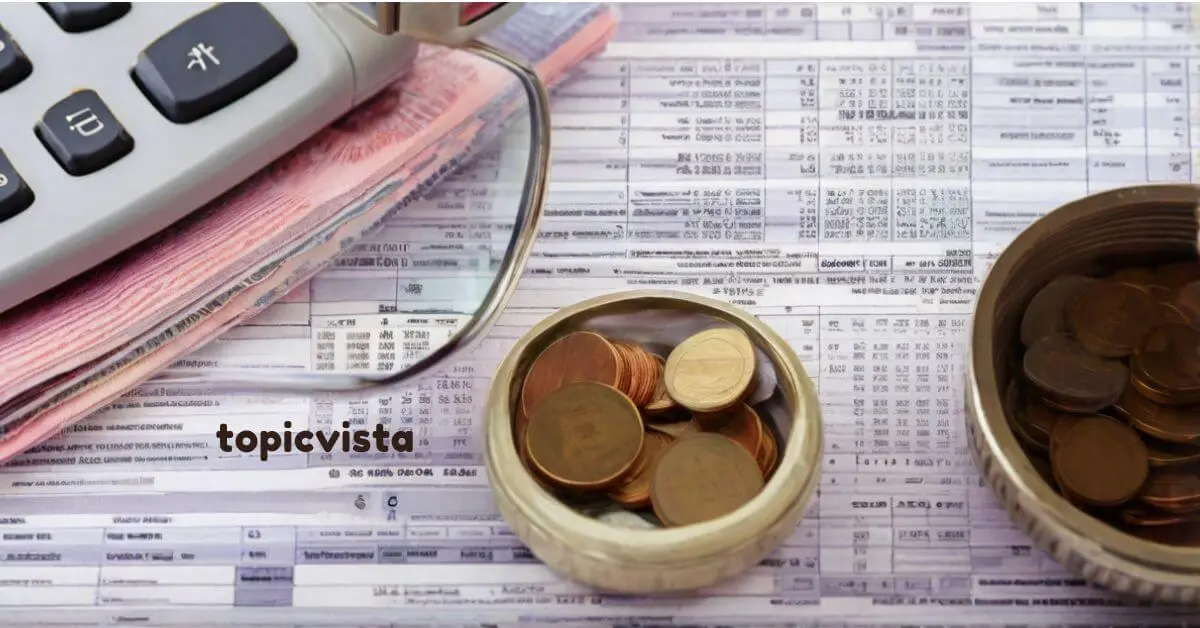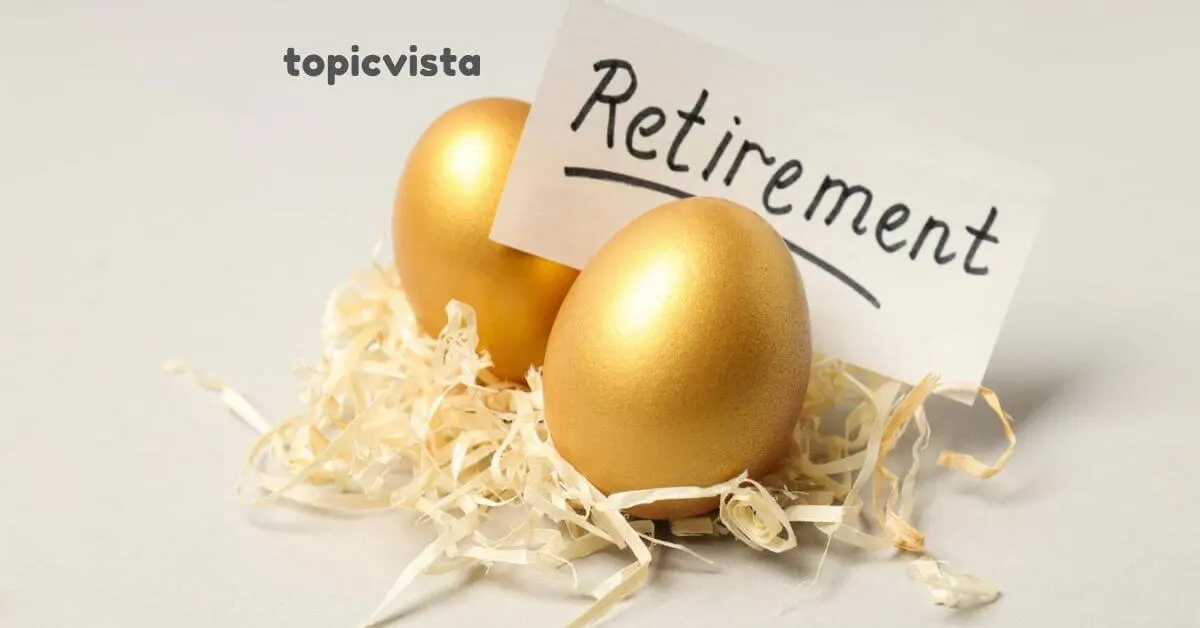For some people who work for the federal government, early retirement is their wish. They want to stop working before they get old. They think this will make them happier and give them more free time. But quitting work early is not easy. There are many things to think about and plan for.
This article will help you understand how to quit work early, what you need to do to qualify, and how it will affect your financial life in the future. Many people who work for the federal government have been thinking about quitting work early. Quitting work early means you can stop working sooner than most people, usually when you are 55 to 60 years old. Then you can start getting pension money from the government and do what you like.
Let’s learn more about how to quit work early.
Federal Government Early Retirement
1. Early Retirement Programs
The federal government has two main ways to get your retirement early: VERA and MRA + 10 Retirement. Each way has different rules and results.
VERA (Voluntary Early Retirement Authority)
You can get federal government early retirement if you are 50 years old or older and have worked for at least 20 years. You can quit work early at any age if you have worked for at least 25 years. Furthermore, you get money every month right after you get into early retirement. You get the same amount of money every month, even if you quit work before you are 55 years old.
You may get extra money if your agency agrees to pay you more. Furthermore, you can’t always quit work early with VERA. Your agency decides when and why to offer VERA, usually when they want to change or reduce the number of workers. You may have to compete with other workers who also want to quit work early with VERA. There may not be enough slots for everyone.
MRA + 10 Retirement
You can get a federal government early retirement if you have worked for at least 10 years but less than 30 years. You are old enough to retire (MRA, now 55 to 57 years old, depending on when you were born), but not older than 62. Furthermore, you get monthly money starting when you are 62. You get the same amount of money every month. You get less money every month than if you waited until you worked for 30 years and reached full retirement age. Likewise, you may have trouble getting health insurance until you are old enough for Medicare.
What are some benefits of early retirement?
Some benefits of early retirement are:
- You may have more time and energy to do things you enjoy, such as traveling, hobbies, or volunteering.
- You may be able to pursue a new career or business venture that is more fulfilling or flexible than your previous one.
- You may reduce your stress levels and improve your mental health by leaving behind a demanding or unsatisfying job.
- You may have more opportunities to spend quality time with your family and friends.
What are some drawbacks of early retirement?
Some drawbacks to early retirement are:
- You may have less money to spend in retirement, especially if you start withdrawing from your savings too early or too much. You may also get smaller Social Security benefits if you retire before your full retirement age.
- You may lose some mental and social benefits of working, such as learning new skills, staying connected with colleagues, and having a sense of purpose.
- Some studies have found that early retirement can lead to cognitive decline, depression, and lower life satisfaction.
- You may face some challenges in adjusting to a new lifestyle, such as finding meaningful activities, making new friends, and coping with boredom or loneliness. You may also have to deal with the expectations and opinions of your family, friends, and society about your decision to retire early.

How can I avoid running out of money in early retirement?
- A budget can help you track your income and expenses, and identify areas where you can save or spend less. You can use online tools or apps to help you create and manage your budget.
- The more you save, the less you have to withdraw from your retirement accounts each year. You can boost your savings by contributing more to your 401(k), IRA, or other retirement plans and taking advantage of any employer match or catch-up contributions.
- Even though you are retired, you still need to invest some of your money in assets that can grow over time, such as stocks, mutual funds, or ETFs. This can help you keep up with inflation and increase your income potential. However, it would be best if you also balanced your portfolio with safer investments, such as bonds, CDs, or annuities, to reduce your risk and provide steady income.
- Besides your retirement savings and Social Security benefits, you can also generate income from other sources, such as a part-time job, a side hustle, a rental property, dividends, royalties, or a reverse mortgage. Having multiple income streams can help you diversify your income and reduce your reliance on any single source.
- Working part-time in retirement can have many benefits, such as supplementing your income, keeping you mentally and socially active, and delaying your Social Security benefits. You can choose a job that suits your skills, interests, and schedule, or even start your own business.
These are some ways you can avoid running out of money in the federal government’s early retirement. However, it would be best if you were also flexible and adaptable to changing circumstances, such as market fluctuations, health issues, or unexpected expenses. You may need to adjust your spending, income, or investments accordingly to ensure your financial security.
According to the Office of Personnel Management (OPM), as of 2020, over 25% of federal employees are eligible for retirement.
Quitting work early can have some benefits, such as having more free time, doing what you like, and not feeling tired or bored. But you also need to think about the money problems, such as getting less money every month and having trouble getting health insurance.
On average, people who work for the federal government and quit work when they are 62 years old or older get about 40% more money every month than those who quit work when they are 55 years old.
Financial Issues
Getting an early retirement usually means getting less money every month than if you waited until you were older. This is because your money is based on your best three years of pay, how long you worked, and how old you were when you retired from the federal government. Quitting work early means you worked less and maybe earned less, so you get less money.
A study by the Transamerican Center for Retirement Studies found that 79% of workers want to keep working after they are 65 or never stop working, showing that people have different ideas about stopping work and need to be flexible in their plans.
Health Insurance
People who get federal government early retirement before 65 typically can’t get Medicare. Medicare is a program that helps pay for health care. You may have to buy your health insurance, which can cost a lot of money.

Money from the government
Getting a federal government early retirement does not change your right to get money from the government. But if you ask for money from the government before you are old enough, you will get less money every month.
The money you get when you stop working early depends on how long you worked and how much you earned. If you stop working early, you may get less money. But you may also enjoy not working. You have to think about what is best for you.
Under FERS, if you stop working before you are 62, you lose 5% of your money for every year you are younger than 62.
Pension calculator
The number depends on how old you are and how long you worked when you stopped working. For most people who work for the government, the number is 0.01 if you stop working before you are 62 or if you worked less than 20 years. If you stop working when you are 62 or older and have worked for 20 years or more, the number is 0.011.
For example, if you stopped working when you were 60, worked 25 years, and earned $100,000 in your best three years, your money would be:
This is how much money you get every year before they take out any taxes or other things.
Some people who work for the government have different rules, such as police officers, firefighters, air traffic controllers, members of Congress, and those who used to work under CSRS.

Conclusion
Federal government early retirement can be a good choice for people who work for the government and want to start a new part of their lives. But they have to think about how it will affect their money, including their pension and Social Security money, and if they want to stop working early.
Planning their money well and thinking about their health and work issues can help them decide if they should get an early retirement.
